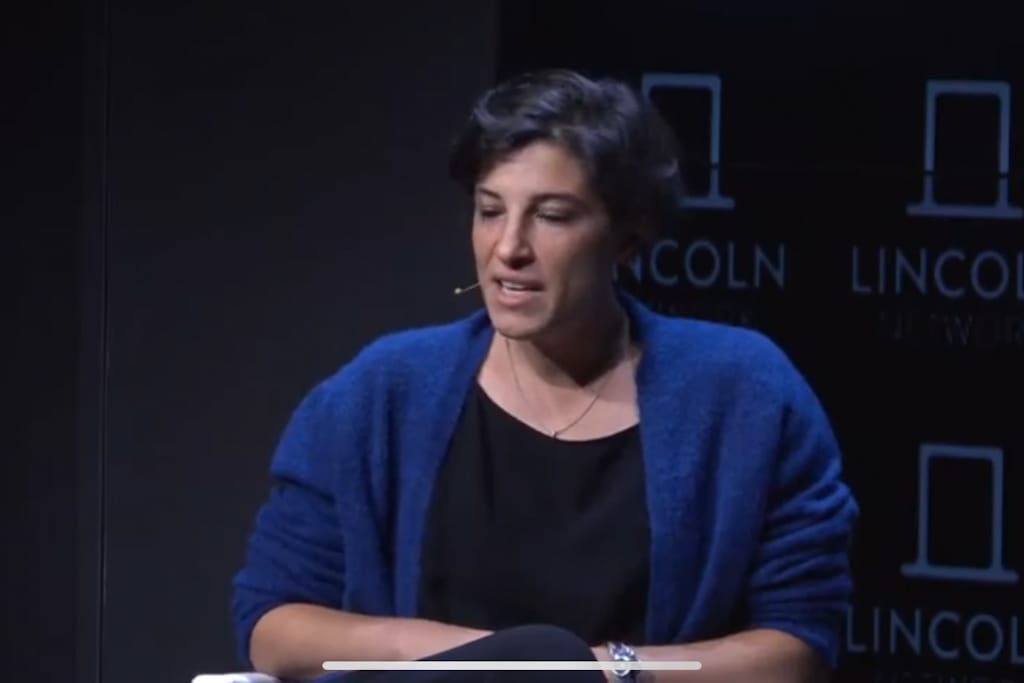Panel Hears Opposing Views on Content Moderation Debate
Some agreed there is egregious information that should be downranked on search platforms.
David B. McGarry

WASHINGTON, September 14, 2022 – Panelists wrangled over how technology platforms should handle content moderation at an event hosted by the Lincoln Network Friday, with one arguing that search engines should neutralize misinformation that cause direct, “tangible” harms and another advocating an online content moderation standard that doesn’t discriminate on viewpoints.
Debate about what to do with certain content on technology platforms has picked up steam since former President Donald Trump was removed last year from platforms including Facebook and Twitter for allegedly inciting the January 6, 2021, storming of the Capitol.
Search engines generally moderate content algorithmically, prioritizing certain results over others. Most engines, like Google, prioritize results from institutions generally considered to be credible, such as universities and government agencies.
That can be a good thing, said Renee DiResta, research manager at Stanford Internet Observatory. If search engines allow scams or medical misinformation to headline search results, she argued, “tangible” material or physical harms will result.
The internet pioneered communications from “one-to-many” broadcast media – e.g., television and radio – to a “many-to-many” model, said DiResta. She argued that “many-to-many” interactions create social frictions and make possible the formation of social media mobs.
At the beginning of the year, Georgia Republic representative Marjorie Taylor Greene was permanently removed from Twitter for allegedly spreading Covid-19 misinformation, the same reason Kentucky Senator Rand Paul was removed from Alphabet Inc.’s YouTube.
Lincoln Network senior fellow Antonio Martinez endorsed a more permissive content moderation strategy that – excluding content that incites imminent, lawless action – is tolerant of heterodox speech. “To think that we can epistemologically or even technically go in and establish capital-T Truth at scale is impossible,” he said.
Trump has said to be committed to a platform of open speech with the creation of his social media website Truth Social. Other platforms, such as social media site Parler and video-sharing website Rumble, have purported to allow more speech than the incumbents. SpaceX CEO Elon Musk previously committed to buying Twitter because of its policies prohibiting certain speech, though he now wants out of that commitment.
Alex Feerst, CEO of digital content curator Murmuration Labs, said that free-speech aphorisms – such as, “The cure for bad speech is more speech” – may no longer hold true given the volume of speech enabled by the internet.











Member discussion